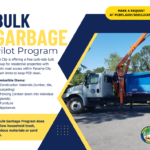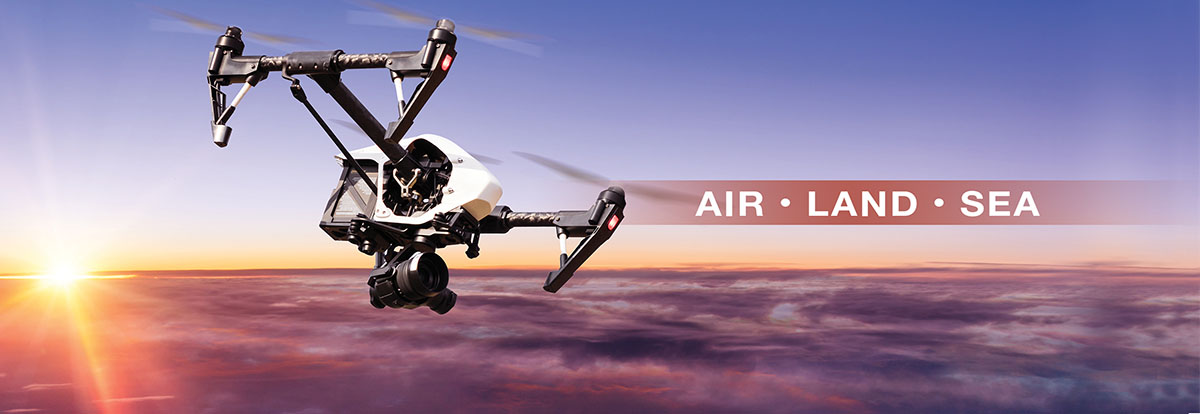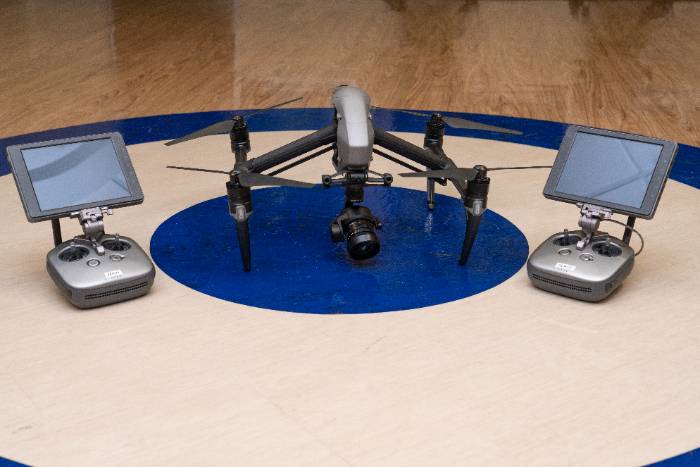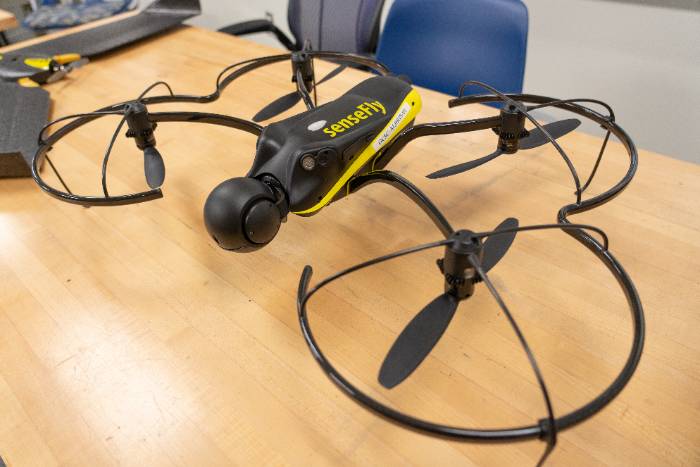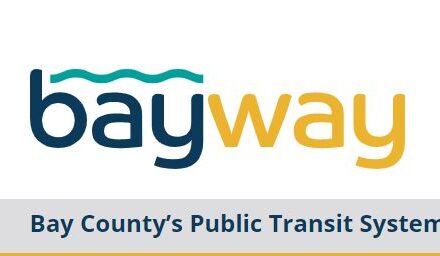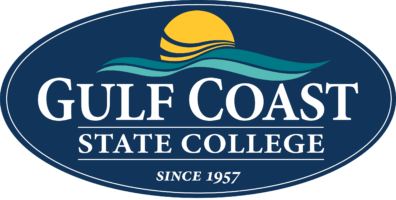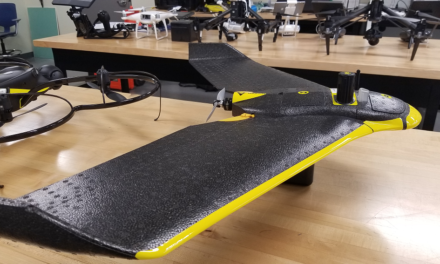
Training Tomorrow’s Unmanned Systems Operators at Gulf Coast State College
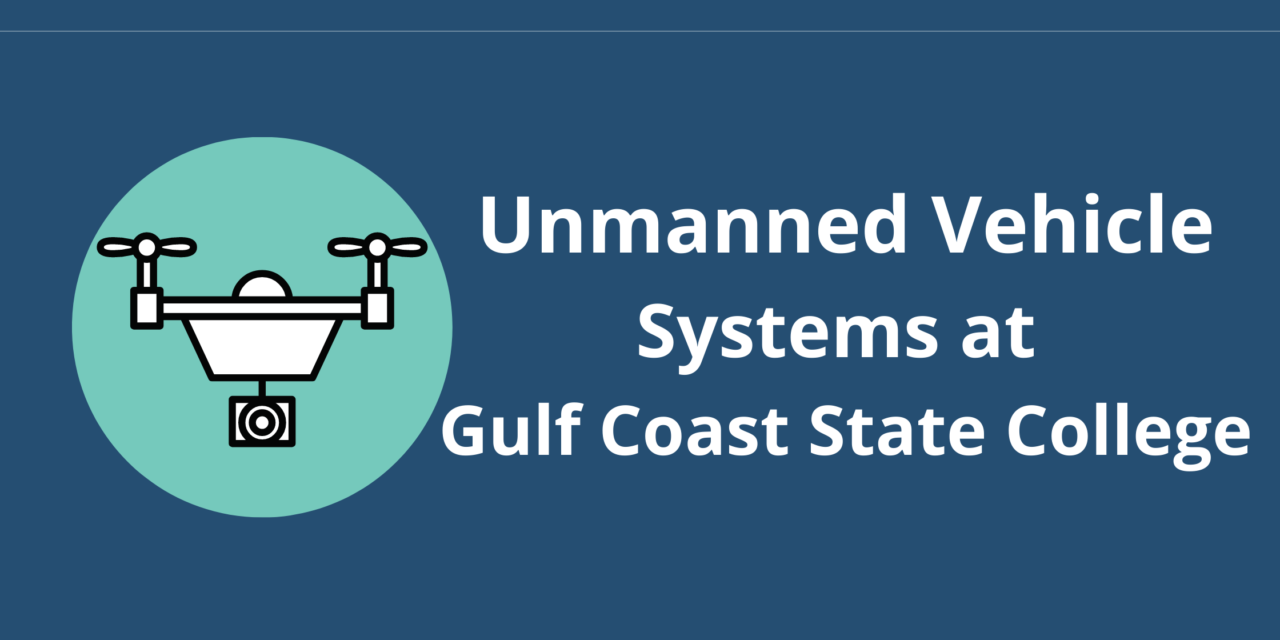
At Gulf Coast State College in Panama City, Florida, students are gaining hands-on experience with cutting-edge unmanned systems technology through the college’s Unmanned Vehicle Systems Operations program.
“It’s a fantastic option for folks who want to get in on the cutting edge of technology and learn about fields they may have never considered before,” said Michael Shekari, Director of the Technology Center for Emergency Response and Unmanned Vehicle Systems Instructional Coordinator. “Students get to work on cool projects and will have opportunities to travel, as many jobs in this profession require some travel.”
The two-year program covers aerial, maritime, and ground unmanned vehicles. Students learn to pilot quadcopter drones, operate underwater ROVs, and maneuver search and rescue robots. The program starts students on entry-level drones like the Skydio 2 Plus and Skydio X2E. “We kind of consider those our gateway aircraft,” Shekari said. More advanced platforms will come later, like the fixed-wing hybrid Censys Sentaero, capable of 55-mile flights.
On the water, Shekari described the Outland ROV-1000, which can dive down 1000 feet and is equipped with cameras, lights, sonar, and even a robotic arm. For ground systems, students operate the confined space search and rescue robot called the Sarkos Guardian S.
Shekari’s background in aviation led him into the world of unmanned systems. “It came about from my volunteer career and has run parallel with my professional one. Now I try through this program to take the training, standardization, and line of thinking from the airline space and combine it with unmanned vehicle system technology to create a complete program,” he explained.
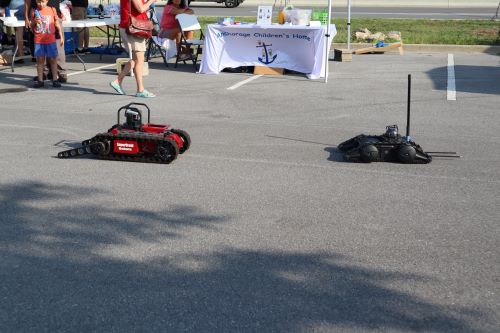
The program incorporates an array of technologies, from consumer-grade drones to specialized equipment. “We have some really neat high-end platforms,” Shekari said. He described advanced quadcopters like the Skydio X2E with thermal imaging cameras, rotor-winged hybrid planes called the Censys Sentaero capable of 90-minute flights, and the Outland ROV-1000 submersible that can dive 1000 feet deep.
Versatility and curiosity are must-haves for students, according to Shekari. “You have to keep an open mind and be willing to try new things.” He encourages aspiring operators to explore areas like electronics, programming, geography, and meteorology.
The program prepares graduates for careers beyond emergency response, including utilities, logistics, research, and more. “These technologies are being adopted everywhere,” Shekari said. With hands-on experience, students leave ready for real-world unmanned systems jobs.
Individuals interested in the Unmanned Vehicle Systems Operations Course at Gulf Coast State College, can contact:
Mike Shekari
Director of the Technology Center for Emergency Response and UVS
850.769.1551, ext. 4051
ashekari@gulfcoast.edu



